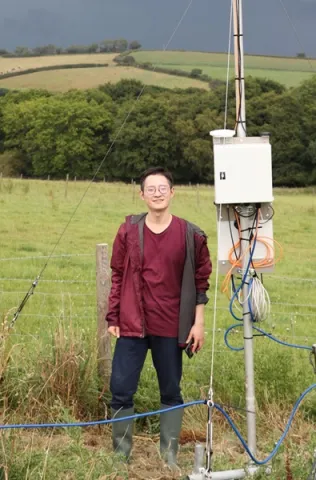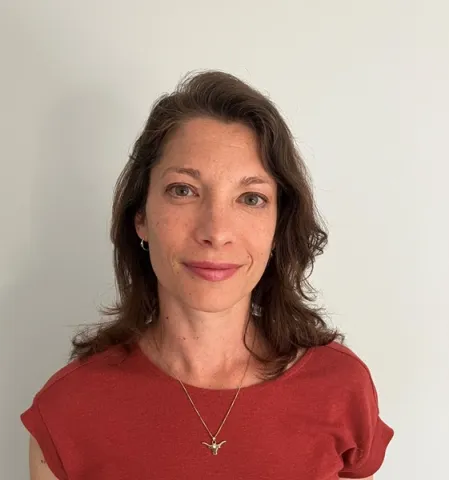About the project
Greenspace benefits human health but is it still true when plant emissions worsen air pollution, impacting both people and ecosystems? The RUSSAP project will examine socio-ecological resilience to air pollution – i.e., greenspace health under pollution exposure and its effects on human well-being by using satellite imagery, machine learning, and modelling.
This project investigates the complex relationship between urban green spaces, air pollution, and health outcomes, with a focus on the impacts of ozone – a pollutant that can harm both human health and vegetation. Recent studies have highlighted the mental health benefits of urban greening, yet certain greening initiatives may inadvertently contribute to higher ozone levels, as air pollution is linked to 43,000 premature deaths in the UK. By studying this interplay, the project aims to provide a holistic understanding of how air quality, greenspace access, and ecosystem health interact to affect the wellbeing of urban populations.
To achieve this, the project will utilise geospatial data analysis, ecosystem modelling, and machine learning. Working with established datasets from the UFLUX, along with satellite imagery, the student will track changes in vegetation health, biodiversity, and pollution levels. This will be coupled with social data to assess how exposure to these environments impacts human health, providing insights into trade-offs between urban greening and pollution mitigation.
The project is supervised by leading researchers in ecology and environmental health, with access to advanced data analysis tools and networks within Sustainability and Resilience Institute (SRI), Southampton and potential external collaborations including Edinburgh and Exeter, offering an exceptional opportunity for those interested in applying science for sustainable urban design. The findings will guide policymakers in creating greener, healthier cities resilient to pollution and climate stressors. This research is critical for advancing urban sustainability and promoting resilient socio-ecological systems in cities facing rapid environmental change.


